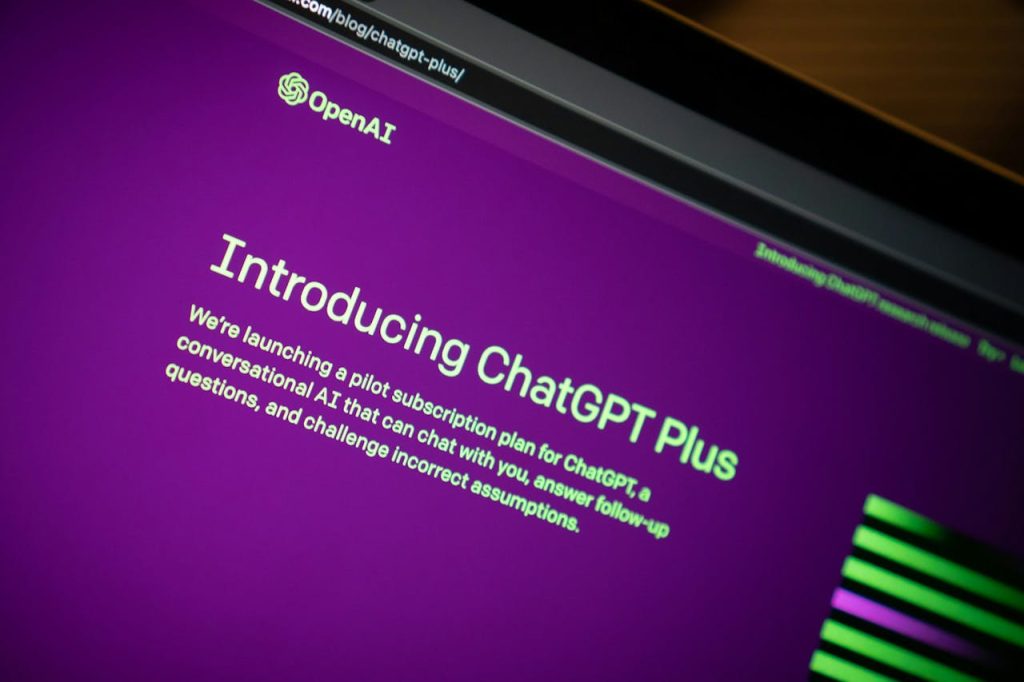As AI agents move from sidebars to the heart of the web experience, brands will need to rethink trust, data, and discoverability in a new era of marketing.
OpenAI is no longer just competing in the AI tools market—it’s moving to challenge Google at the level that matters most: controlling how people search and navigate online. By making AI conversation the starting point for browsing itself, OpenAI is positioning its technology as a direct rival to the traditional search engines that shape the entire online economy.
OpenAI is preparing to launch an AI-native browser designed to challenge Google Chrome’s global dominance. Meta has invested $14.3b for nearly half of Scale AI and recruited its CEO Alexandr Wang to lead a new Superintelligence unit, signaling ambitions that go far beyond social feeds. Meanwhile, Google is working to defend its search business, which serves over 4b users, by integrating Gemini into its entire product suite.
With over 100m weekly active users, OpenAI’s ChatGPT is one of the fastest-growing consumer AI tools ever. Meta’s platforms such as Facebook, Instagram and WhatsApp still serve a combined 3.2b daily users. But this battle is about more than user counts. It is about controlling the point of entry to the internet and shaping how brands and consumers connect.
Craig Elimeliah, Chief Creative Officer at Code and Theory, says this shift changes the marketing playbook entirely: “When AI becomes the interface, traditional marketing tactics don’t matter if the model skips past them. What matters is how clearly, consistently and credibly your brand shows up in the data the model learns from.”
Want to go deeper? Ask The Drum
OpenAI’s vision for an AI-first browser
Most current AI-powered search experiences are bolted onto existing products as sidebars, summaries or extensions. OpenAI’s planned browser aims to make conversation itself the primary interface.
Rather than typing queries and clicking links, users will give instructions, ask for real-time summaries and even automate tasks through built-in agent tools. Expected features include on-demand page summarization, personalized GPT agents for tasks like booking travel, and a “Memory” function to recall user preferences over time.
OpenAI has reportedly been hiring engineers with experience on Google Chrome and Android to help realize this vision. The goal is to redesign search and navigation so that the assistant becomes the starting point for everything online.
Why the stakes are high for the industry
Google Chrome holds about 65% of global browser market share, making it a critical gateway for search, which generates the majority of Google’s $175b+ in annual ad revenue. AI-generated answers that provide direct results without traditional links pose a threat to this model.
Google is countering by embedding Gemini-powered summaries and conversational features into Search. At the same time, Meta’s large-scale investment in Scale AI, and the creation of Meta Superintelligence Labs, signals a move toward advanced AI agents that can act as new intermediaries between users and the web.
For these companies, the browser is more than a utility. It is the distribution channel for their AI ecosystems and a way to capture both user data and monetization opportunities.
For brands, the front door is gone
This transformation also represents a major shift in how consumers will encounter brands. The familiar front door of a website may no longer be the primary touchpoint if AI agents handle research, recommendations and purchases without users visiting pages directly. Pop-ups and calls to action lose relevance if the system bypasses them entirely.
Content marketing will need to be reimagined around clarity, utility and trust. Elimeliah explains: “Assume the front door is now gone. A brand has to live in the conversation, not just on the page. That means designing for interpretation, not just presentation, and structuring your content so it is understood by a machine but also remembered by a human. Basically, it’s no longer about shouting the loudest, it’s about being the most useful. Credible content has to be honest, easy to understand and built to be trusted, not just flashy.”
The privacy and trust paradox
AI agents that serve as the primary interface will require greater access to user data. Browsers already see every click and destination, but an AI-first browser promises even deeper behavioral insights to personalize and predict.
This level of data access will raise fresh questions about privacy and ethics. Consumers may be drawn to smarter tools but will want to understand who is collecting their data, how it is being stored, and what it is used for. Investments in large-scale data-labeling infrastructure and model training highlight the need for transparency, including around labor practices in the AI supply chain.
For marketers, these tensions create a new set of responsibilities. Even as they focus on making content machine-readable and discoverable, they will need to prioritize accountability and openness. How brands manage their own data and work with platforms that control access to users will directly shape customer loyalty and long-term reputation.
Browser wars 2.0
If the early 2000s focused on winning search and the 2010s on dominating social, the next wave may be defined by the competition to control the interface itself. Whether that comes through OpenAI’s agent-first browser, Google’s Gemini-enhanced Chrome or Meta’s Superintelligence Labs, the goal is to shape how people interact with the web and where brands can connect with them.
The real test will be finding ways to make brand information not only accessible to AI systems but compelling enough that these systems choose to surface it, shaping recommendations and decisions before a user ever arrives at a website.
Suggested newsletters for you
Daily Briefing
Daily
Catch up on the most important stories of the day, curated by our editorial team.
Weekly Marketing
Friday
Stay up to date with a curated digest of the most important marketing stories and expert insights from our global team.
The Drum Insider
Once a month
Learn how to pitch to our editors and get published on The Drum.

